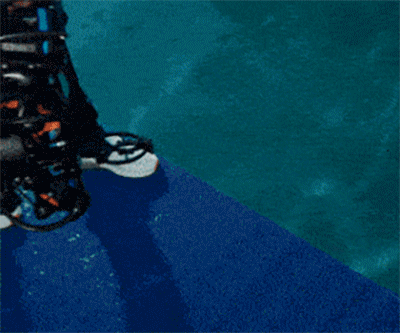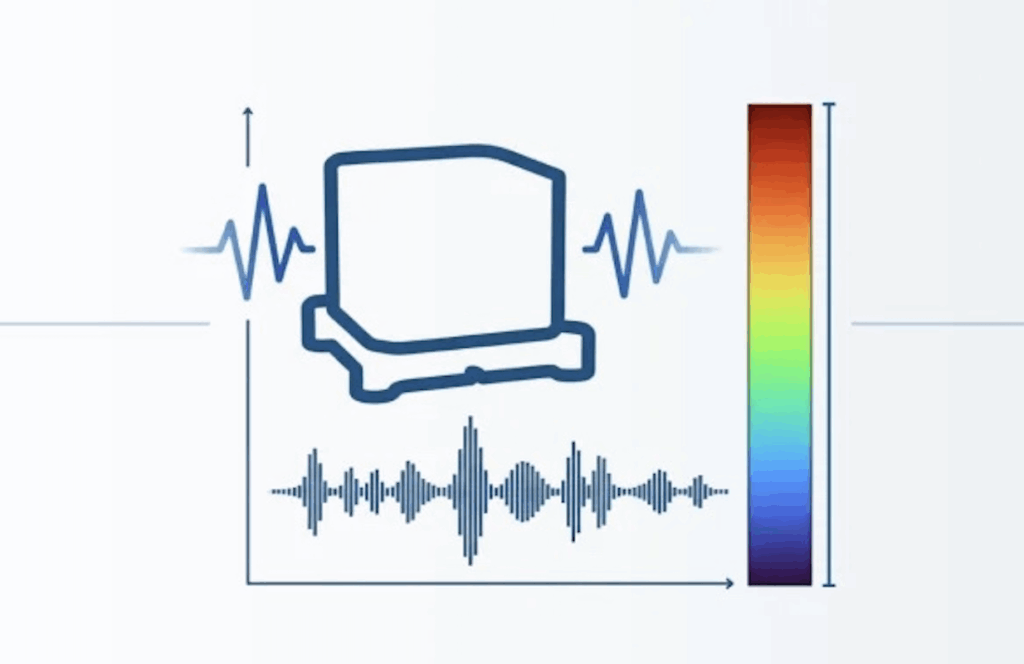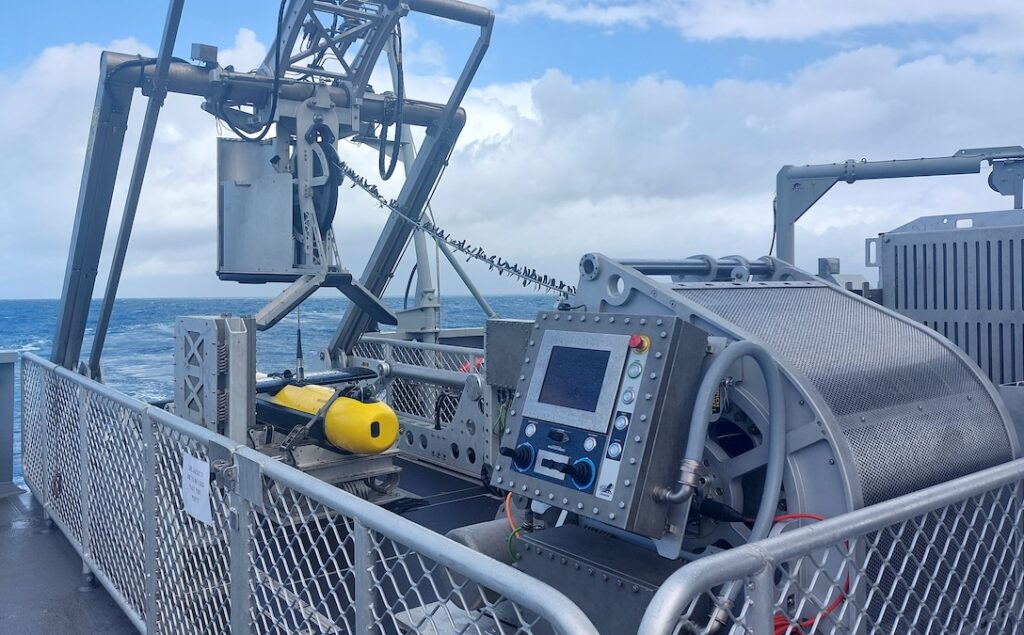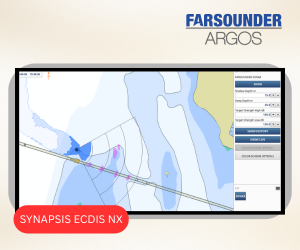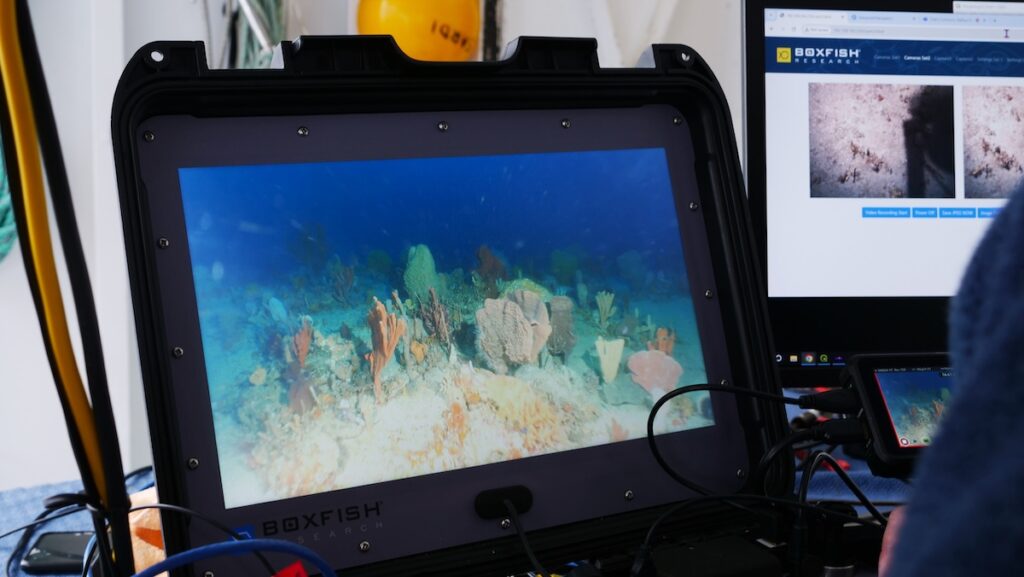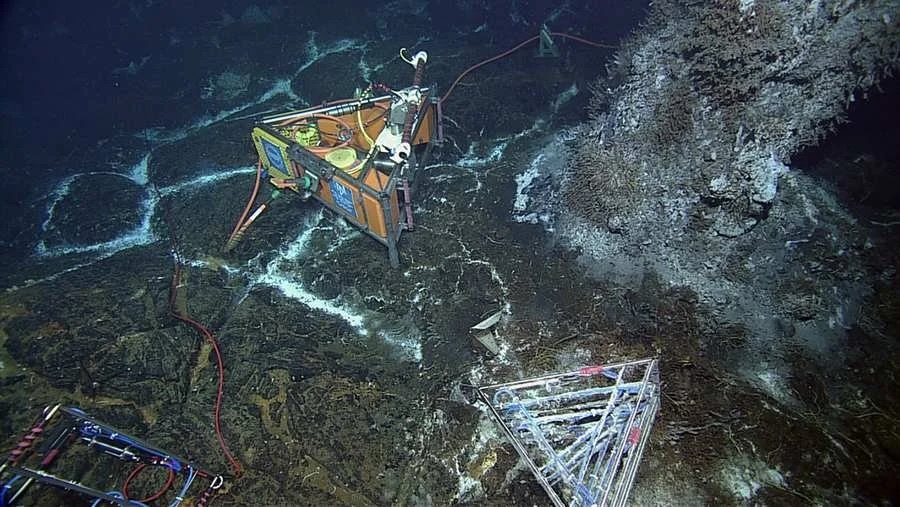
Discover World-Leading Technologies for Ocean Science
Discover cutting-edge solutions from leading global suppliersDefence iQ is launching the Seabed Security Conference 2025, taking place from 30 September to 1 October in Tróia, Portugal, in association with REPMUS 2025.
This two-day event will provide a platform to discuss the outcomes of the exercise, designed to push forward capability development of maritime unmanned systems for the purpose of protecting critical undersea infrastructure.
The conference will bring together navy and commercial operators, academia, policymakers, and private industry experts to shape future strategies that can tackle the developing threats against critical undersea infrastructure.
Recent events such as Nord Stream, have underscored the urgent need for enhanced capabilities, cooperation, and strategic dialogue between military and civilian organiszations in underwater operations. A strong focus during the conference is on improving interoperability of systems as they proceed through development and into operational service.
Participants will have the opportunity to:
- Gain data-driven insights from REPMUS 2025, where experts will discuss key observations for critical undersea infrastructure protection.
- Explore case studies and programme updates that reveal the current threat picture and operational strategies shaping seabed security.
- Connect with stakeholders across multiple sectors, including defence, telecommunications, finance, and energy to foster multi-domain collaboration.
- Engage with cutting-edge solution providers, learning about innovative developments in seabed and uncrewed technologies.
- Attend a visit and tour of the CEOM.
With significant interest already building, attendees are encouraged to register before 27 June to save up to €600 on the full ticket price. Interested parties can register here.
This first-of-its-kind event will offer invaluable insights into safeguarding critical seabed infrastructure and advancing underwater security. Be part of the conversation and help shape the future of defence strategies in this vital domain.





